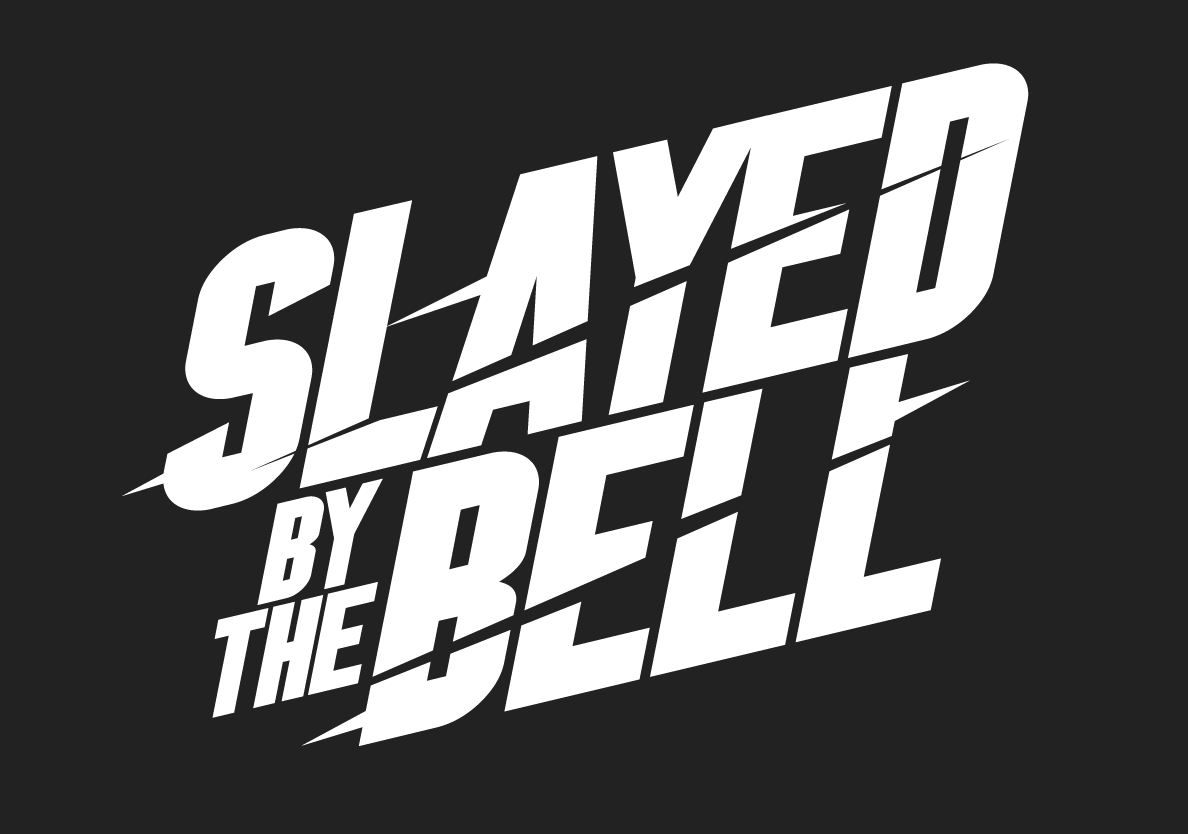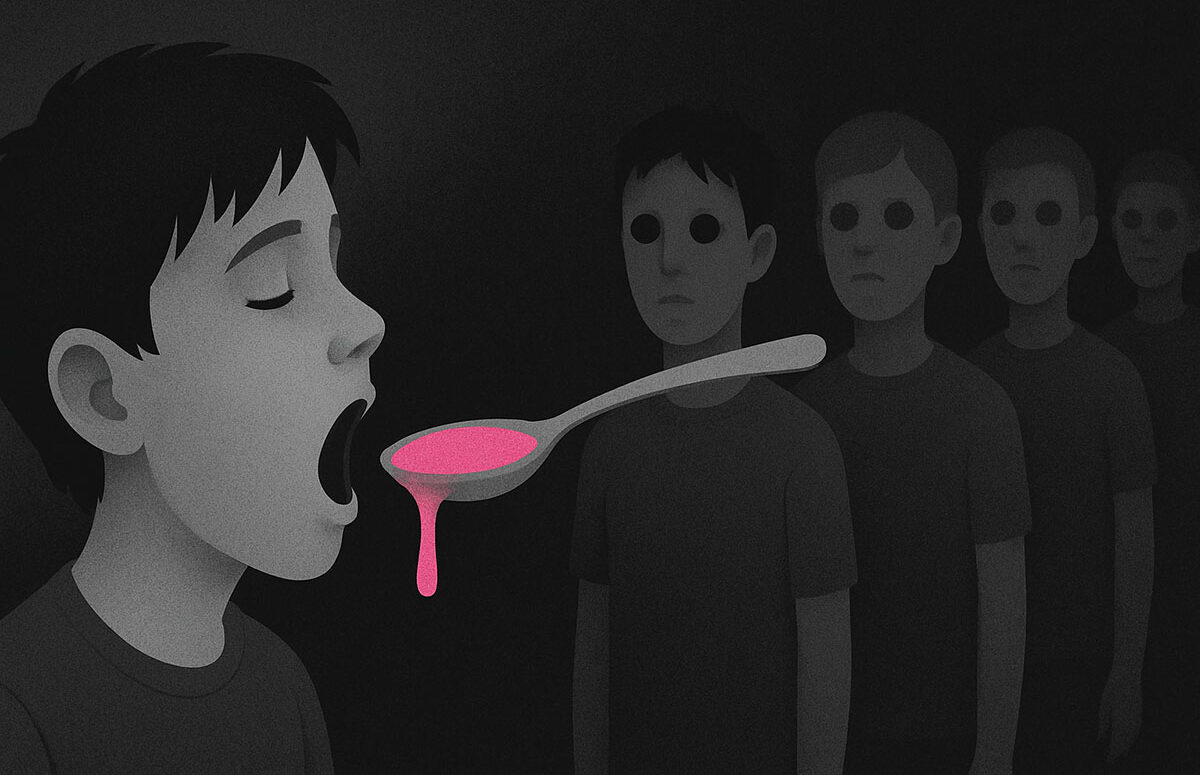How Education Is Undermining Critical Thinking
Education was supposed to sharpen minds, not blunt them. It seems schools are little more than factories, churning out obedient workers rather than independent thinkers. Instead of setting off fires of curiosity, we smother them with compliance and conformity. It’s not just a system that’s broken — it’s a system that’s actively hostile to real thought. We’ve traded thinking for ticking, and every day we perpetuate this bullshit, we’re complicit.
Problem
Students aren’t being taught to think — they’re being spoon-fed answers to questions they never even asked. Richard Shotton’s “The Illusion of Choice” exposes how manipulation masquerades as freedom, and our education system is no different. We parade around buzzwords like “critical thinking” while handing students pre-approved model answers to regurgitate on command. It’s a con. It’s intellectual fast food: empty calories dressed up as nourishment. We’re not educating — we’re manufacturing. And frankly, it’s a f**king disgrace.
Causes
Ultimately the causes lie with academies and MATs. They prioritise standardisation, fear, and a deep, institutionalised mistrust of individuality. Jonah Berger’s Invisible Influence shows how conformity creeps in silently — and education has made it policy. Teachers are forced to trade in curiosity for compliance, and creativity for checklists. League tables and inspection frameworks have gutted any space for real thinking. We’ve reduced the teacher’s role to that of a fucking factory-line supervisor, ensuring students all pop out of the machine the same: beige, polite, incapable of energy. It’s not a mistake. It’s by design. And it’s pissing all over what education is supposed to stand for.
Look at the everyday absurdities: students who proudly declare, “Don’t worry, if you don’t do the work, the teacher has to do it for you.” what the fuck?! Worse still, I’ve seen teachers actually doing the work for them. Or the kids who stroll into school without pens or pencils because, after all, they’re “customers” now, and “customers” expect to be provided for. The psychological rot is clear — as Shotton would argue, reducing the effort needed to engage destroys the cognitive friction necessary for memory and ownership. No struggle, no learning. No investment, no value.
Then there are the kids who refuse to even try answering a question, simply shouting “Miss! How much sugar?” during food lessons, ignoring the perfectly good recipe cards in front of them. Why read and think when spoon-feeding is the norm? And what’s worse — the teacher tells them. No wonder when asked anything more challenging, students default to “I don’t know,” and the teacher moves swiftly on rather than challenging them to think. It’s learned helplessness, manufactured in classrooms designed more to appease than to educate.
And let’s not forget the endless fucking production of revision worksheets. Teachers, crushed by pressure and well-meaning desperation, churn out more and more resources, thinking they’re helping. But as Shotton shows, the easier you make something, the less likely it is to stick. We’ve created a generation of students who expect learning to come shrink-wrapped and spoon-fed. It’s a f**king farce.
Effects
Students are fragile, dependent, and frighteningly gullible. Without the tools of critical thought, they stumble through a world of fake news, conspiracy theories, and algorithmic echo chambers — and lose every time. Psychology Today‘s article makes it plain: lack of critical thinking is a direct highway to manipulation. Marian Spring’s Among the Trolls shows us exactly where this road leads — to good people falling down rabbit holes of lies, delusion, and paranoia. Jon Ronson’s work, too, shows again and again how easily ordinary people get swept away by bullshit when they don’t know how to question it. Dan Ariely’s Predictably Irrational proves humans are already wired for poor decision-making — and we’re doubling down on that weakness. We’re sending our kids into a war of information armed with a few buzzwords and shallow thinking. It’s not just negligent. It’s criminal.
Solutions
First, we have to prioritise process over product. We need to celebrate struggle, debate, and intellectual bruises, not polished, neat answers regurgitated on command. Students must be taught that the messy wrestling with ideas — the false starts, the mental dead ends — are where real thinking happens. We don’t hand them model answers; we hand them questions and watch them fight.
Second, teacher autonomy needs to be restored. Teachers are not robots designed to deliver centrally scripted crap to passive “customers.” Teachers need to be trusted to actually teach — to provoke, challenge, and stretch students according to their own judgement and the real needs of their classes. A teacher with freedom is dangerous to a system built on compliance — and that’s exactly why we need them.
Third, metacognition must be at the core of every lesson, not bolted on like some awkward afterthought. Thinking about thinking — learning how to pause, question, and reflect — is a survival skill in a world saturated with bullshit. It’s the difference between a citizen and a pawn.
Fourth, we need to embrace real-world complexity. Life isn’t a f**king multiple choice test, so why the hell is school? Students need to wrestle with messy, ambiguous problems where there are no easy answers. We must make them sit in discomfort, let them stew in uncertainty, teach them to thrive in it. That’s how you breed thinkers, not memo-reciting drones.
Finally — and most crucially — we need to glorify failure. Real learning isn’t clean or pretty. It’s gritty. It’s frustrating. It’s full of mistakes and dead ends and occasional glimpses of something real. Failure isn’t a defect to be corrected — it’s the forge where critical thinking is made. We need to stop treating it like some contagious f**king disease.
If we want students who can think, question, and resist the gravitational pull of bullshit, we have to build it into every corner of their education — not with empty slogans, but with hard practice, real challenges, and the sacred permission to get it wrong.
Conclusion
Every day we spoon-feed, simplify, and sanitise education, we make it harder for students to survive the real world. Every worksheet we overproduce, every answer we hand over without a fight, every time we prioritise neatness over thought, we are building a future of passive, vulnerable citizens — the perfect prey for manipulation and control. This isn’t a bug in the system. It’s the f**king system.
We have a choice. We either tear down this machine and rebuild education around thinking, questioning, struggling, and failing — or we keep polishing the turd and pretending it’s gold. We need teachers unshackled. Students challenged. Failure celebrated. Thought demanded.
No more treating students like customers.
No more treating teachers like content delivery units.
No more pretending that compliance is the same as intelligence.
We have to fight for critical thinking like our lives depend on it — because in a world drowning in misinformation, manipulation, and manufactured consent, they bloody well do.
It’s time to stop spoon-feeding and start building brains.
Anything less is a fucking betrayal.

